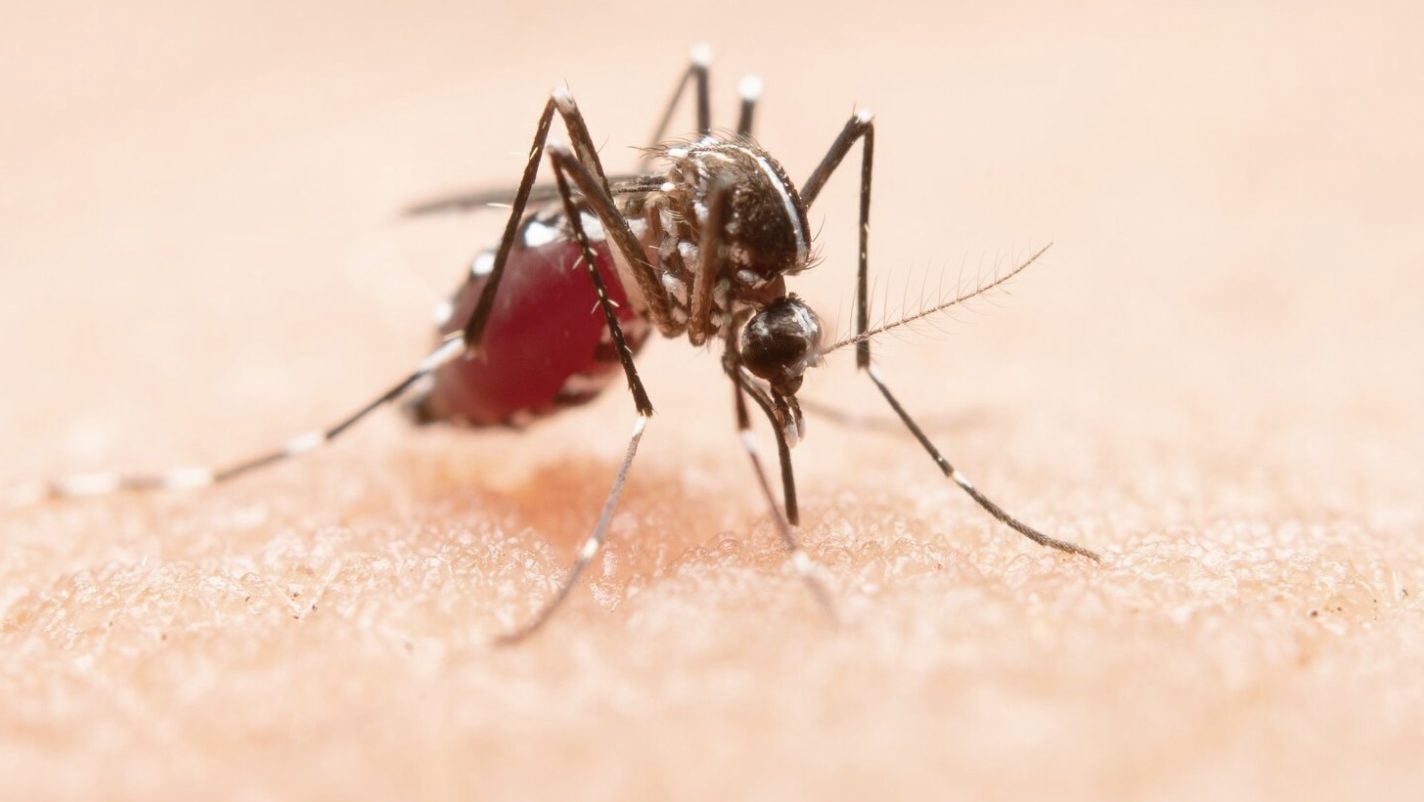SINGAPORE: 2024 has been a record-breaking year for cases of dengue worldwide, including areas that don’t usually see the illness.
In Singapore, the number of cases so far this year has already surpassed the total for 2023, the National Environment Agency said on July 22 (Monday).
With the 236 cases reported from July 14 to 20, Singapore’s total number of cases has now reached 10,141. There were 9,949 cases throughout 2023, compared to 32,173 cases the year before.
The drop in cases in 2022 was due to increased efforts to remove stagnant water, the breeding ground of the Aedes aegypti mosquitoes transmitting the virus.
In March, NEA noted that the campaign to fight dengue had started early this year. Dengue cases usually pick up from May to October. By March 31, however, there had already been more than 5,000 cases of the illness, along with seven deaths.
In 2023, only six people had died from dengue. NEA also announced at the time that the weekly number of reported dengue cases was over 300 since 2024 began.
On July 22, NEA noted 70 active dengue clusters, with 10 considered red-alert clusters. These indicate high-risk areas, each with 10 or more dengue cases.
“Our population’s immunity to all four dengue virus serotypes remains low. The continued presence of all these dengue risk factors may lead to a surge in dengue cases in the coming months if insufficient action is taken,” the agency warned.
However, Singapore is not the only country in Southeast Asia affected by rising dengue cases. Cambodia saw 7,058 cases in the first six months of the year, 10 per cent higher than in 2023.
From January to May, Hong Kong saw 27 dengue cases, whereas there were only 11 in the same period in 2023.
However, last week, its Department of Health said that as of July 17, there were already 34 imported cases of dengue fever and three local infections.
The department’s principal medical and health epidemiology officer said that many of the infected people had visited other Southeast Asian countries, such as Indonesia, Malaysia, and Thailand.
“These destinations are popular with Hongkongers. We found that many do not apply mosquito repellent while vacationing and go to work and school after returning while infectious,” he added.
The Philippines, meanwhile, has had over 90,000 recorded for the first half of 2024.
Higher temperatures across the globe have been widely responsible for creating favourable conditions for breeding Aedes aegypti mosquitoes.
The World Health Organization said that as of the first week of July, there have been nearly 10.4 million suspected dengue cases in the Americas alone, an increase of 232 per cent compared to the same period the year before. /TISG
Read also: 7 dengue deaths, over 5000 infections so far in 2024—NEA

